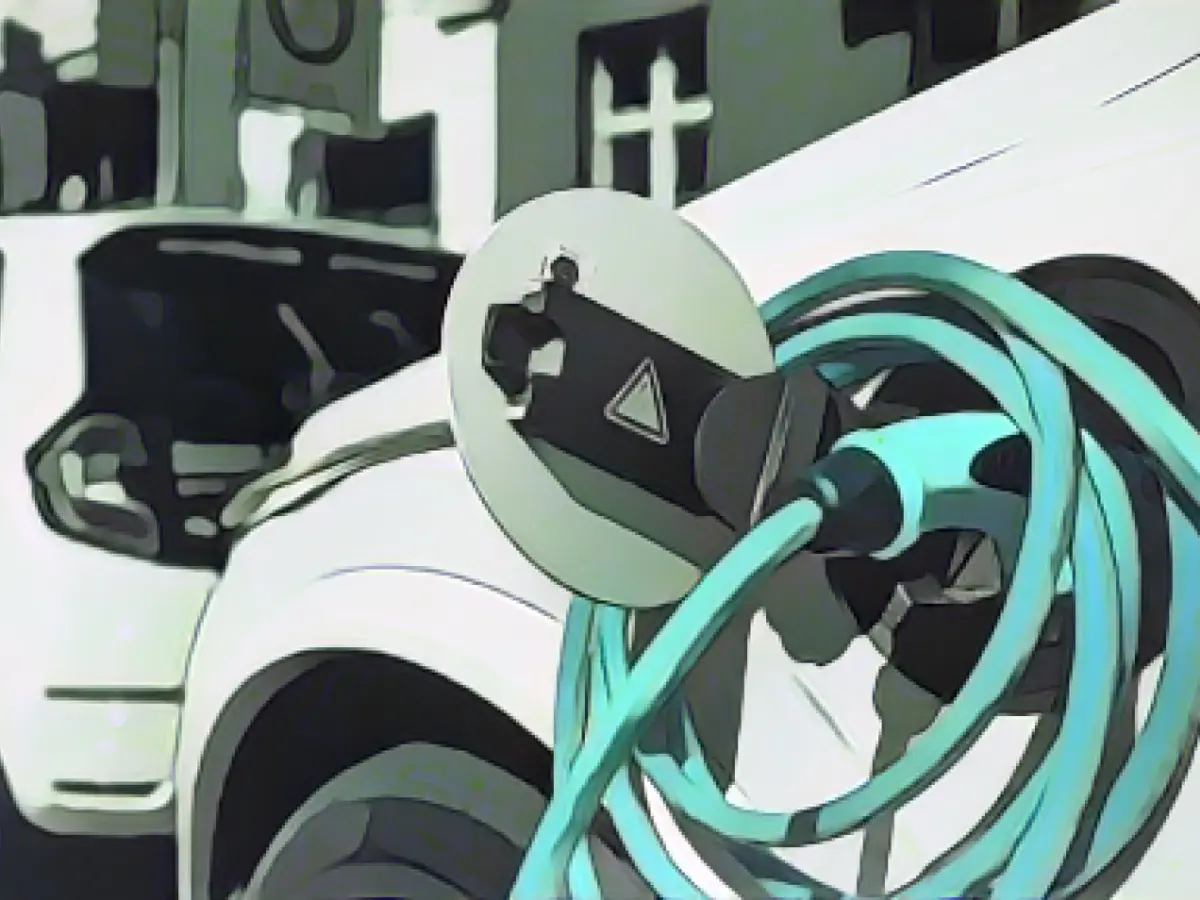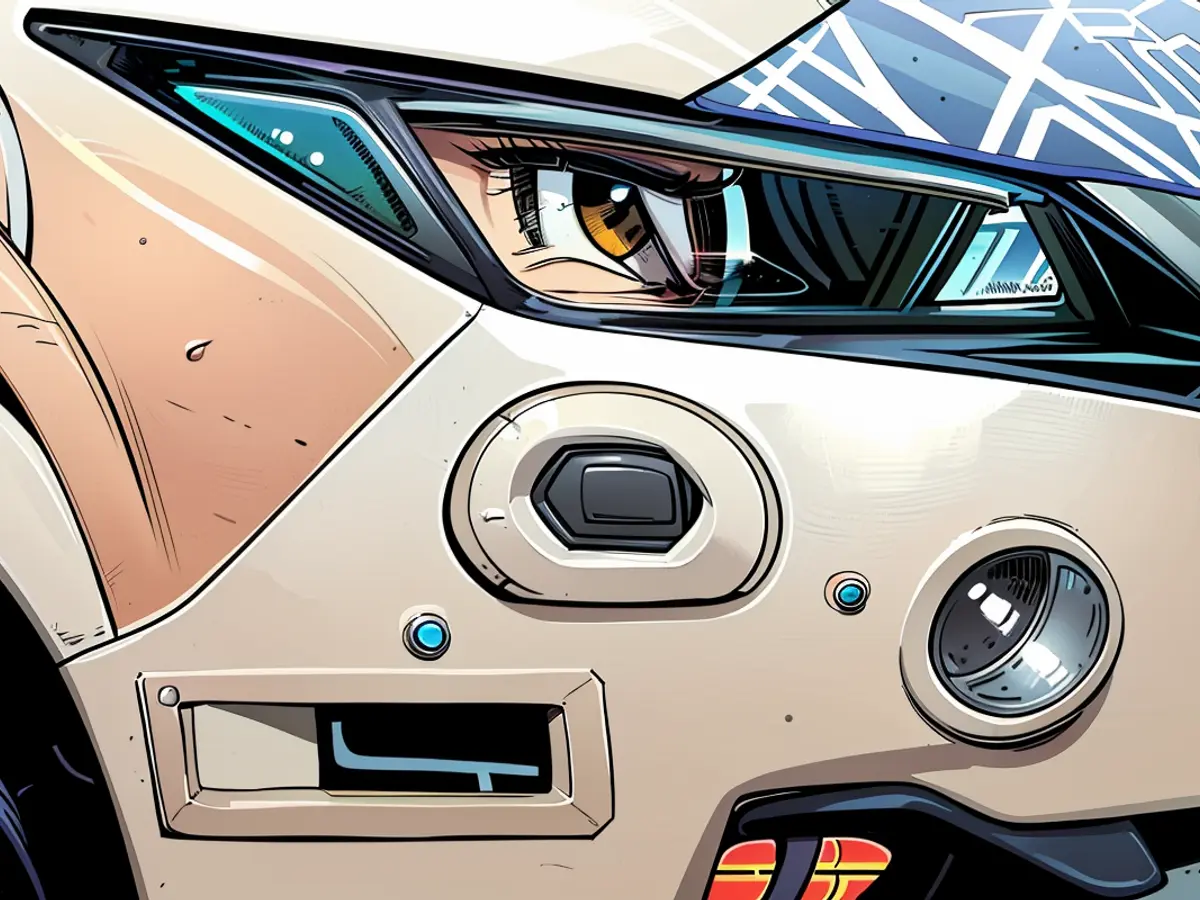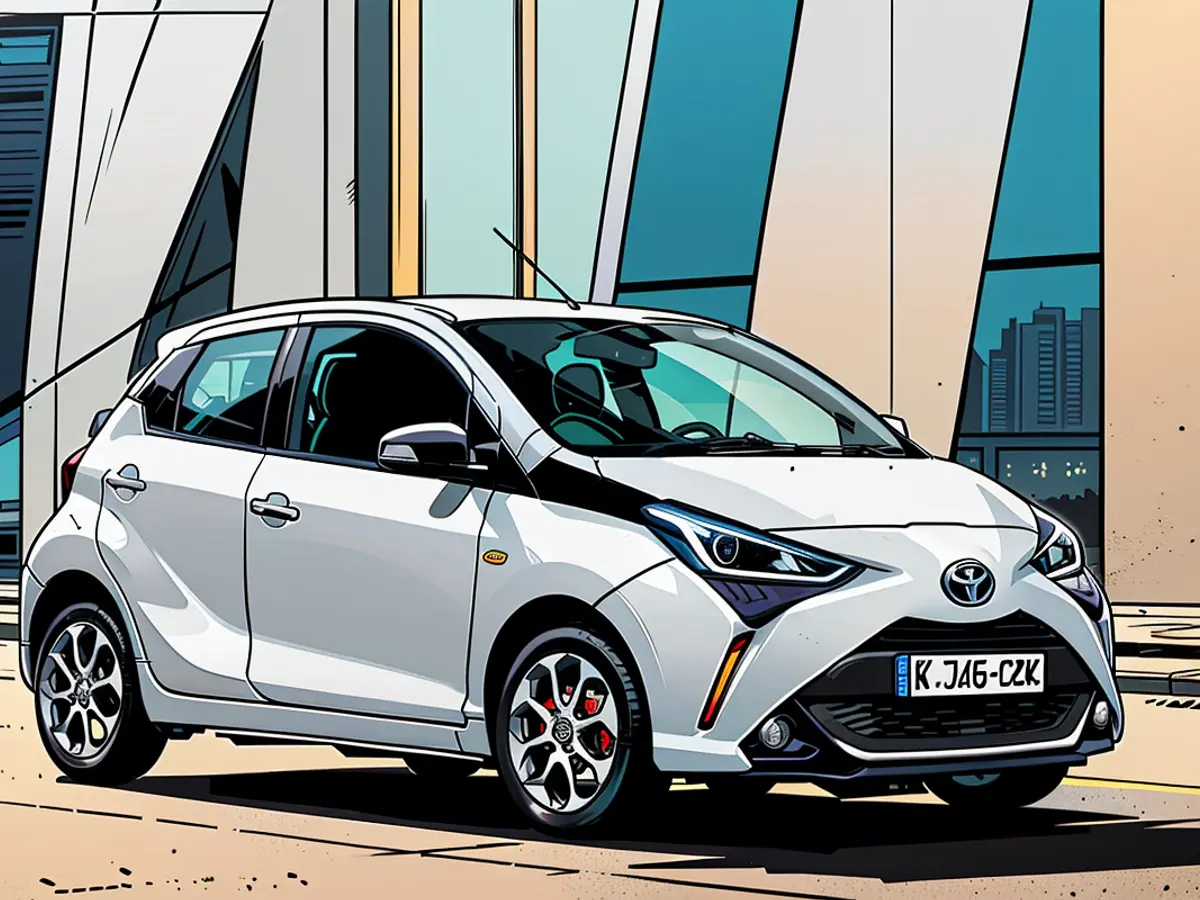Environmental bonus - Earlier than expected: subsidies for e-cars expire on Sunday
As a consequence of the Karlsruhe budget ruling, the German government is phasing out state subsidies for the purchase of e-cars from Sunday. As of December 17, no new applications for the so-called environmental bonus can be submitted, the Federal Ministry of Economics announced on Saturday. However, subsidies that have already been approved will not be affected by the end of the subsidy and will be paid out.
Existing applications received up to and including December 17, 2023 will be processed in the order in which they are received and - provided the eligibility requirements are met - approved, the ministry explained.
The state subsidies for the purchase of climate-friendly e-cars were previously financed by the Climate and Transformation Fund (KTF). The Federal Constitutional Court's ruling on the budget had withdrawn 60 billion euros from the KTF, which is why it has fewer funds at its disposal.
Funding for e-cars would actually not have expired until 2024
According to the Green-led Federal Ministry of Economics, the environmental bonus program was "very successful and has decisively advanced electromobility in Germany". Since 2016, a total of around ten billion euros have been paid out for around 2.1 million electric vehicles as part of the environmental bonus.
According to the current funding guidelines, the environmental bonus should have expired next year. In their compromise on the 2024 federal budget a few days ago, the coalition leaders agreed to bring forward the end of the environmental bonus due to cost-cutting constraints.
Since the beginning of 2023, the environmental bonus had amounted to 4500 euros for a net list price of the basic car model of 40,000 euros and 3000 euros for a net list price above 40,000 euros to 65,000 euros. The German government wanted to use the subsidy to support its goal of bringing a total of 15 million fully electric cars onto the roads by 2030.
According to experts, the effects of the funding freeze could be considerable. Specifically, after almost a decade of steady growth, sales of purely battery-electric cars in Germany could shrink for the first time in 2024: "We calculate that there will be 90,000 to 200,000 fewer vehicles," car expert Ferdinand Dudenhöffer told Handelsblatt.
Read also:
The decision to phase out state subsidies for electric cars, known as the 'environmental bonus,' is affecting Germany's electromobility efforts. Despite the Green-led Federal Ministry of Economics deeming the environmental bonus program successful in advancing electromobility, the traffic light coalition agreed to bring its end forward due to budgetary constraints, as stated in the compromise on the 2024 federal budget.
Germany, aiming to have 15 million fully electric cars on its roads by 2030, has been using the 'environmental bonus' as a means to support the purchase of electromobility vehicles. However, with the subsidy expiring earlier than expected, potential consequences for the sale of electric cars in Germany could be considerable, as suggested by car expert Ferdinand Dudenhöffer.
Source: www.stern.de








